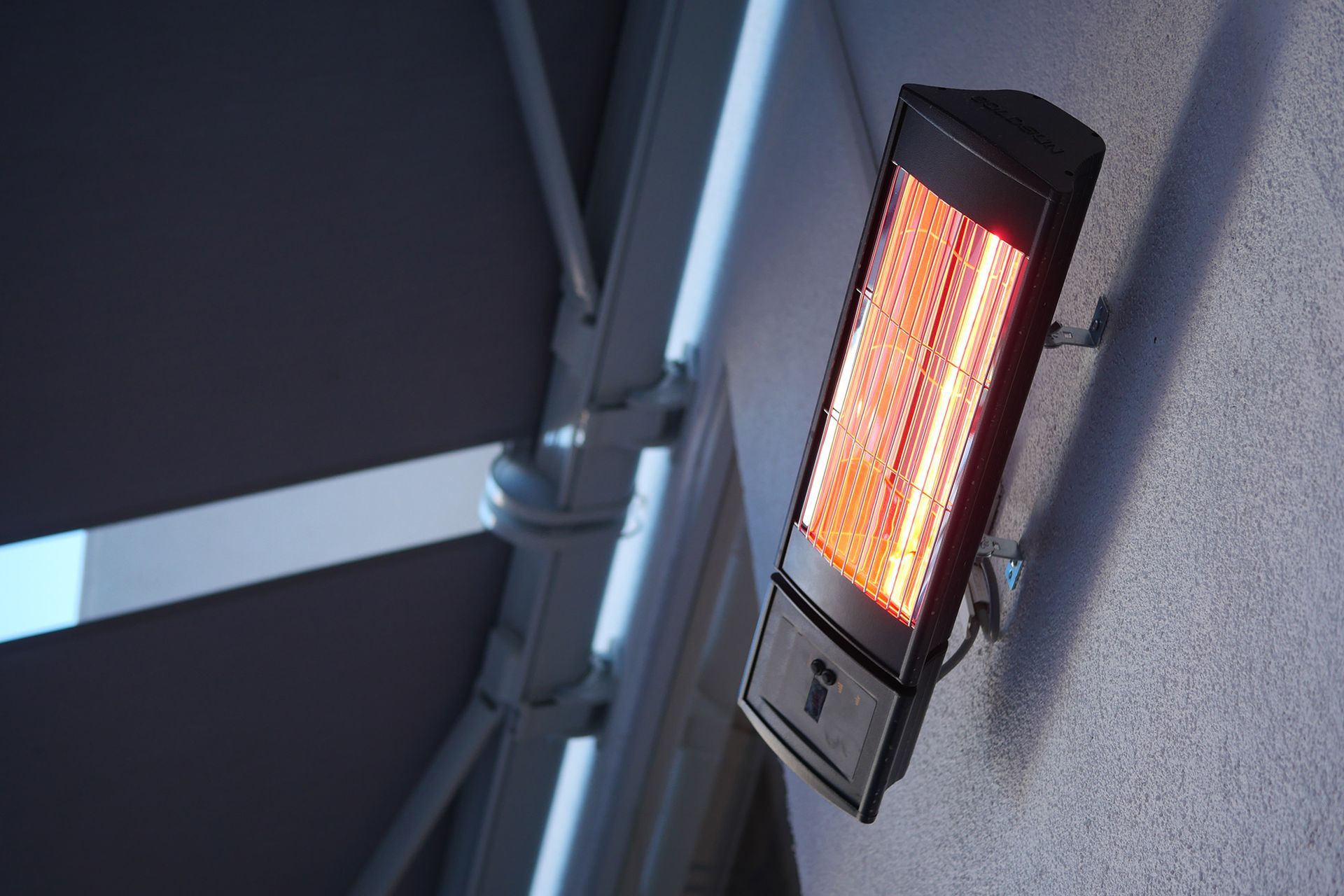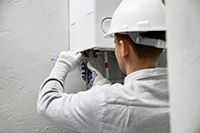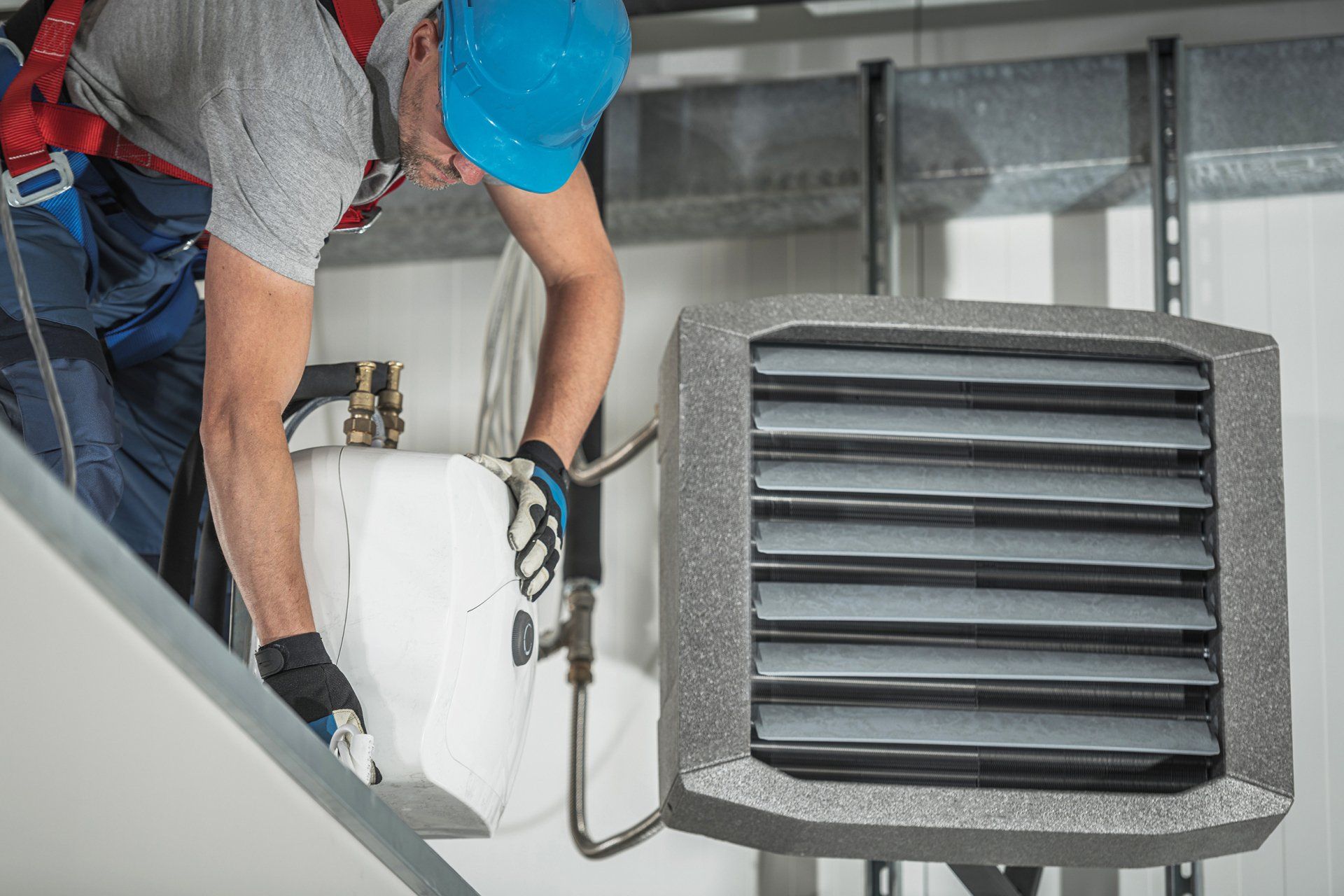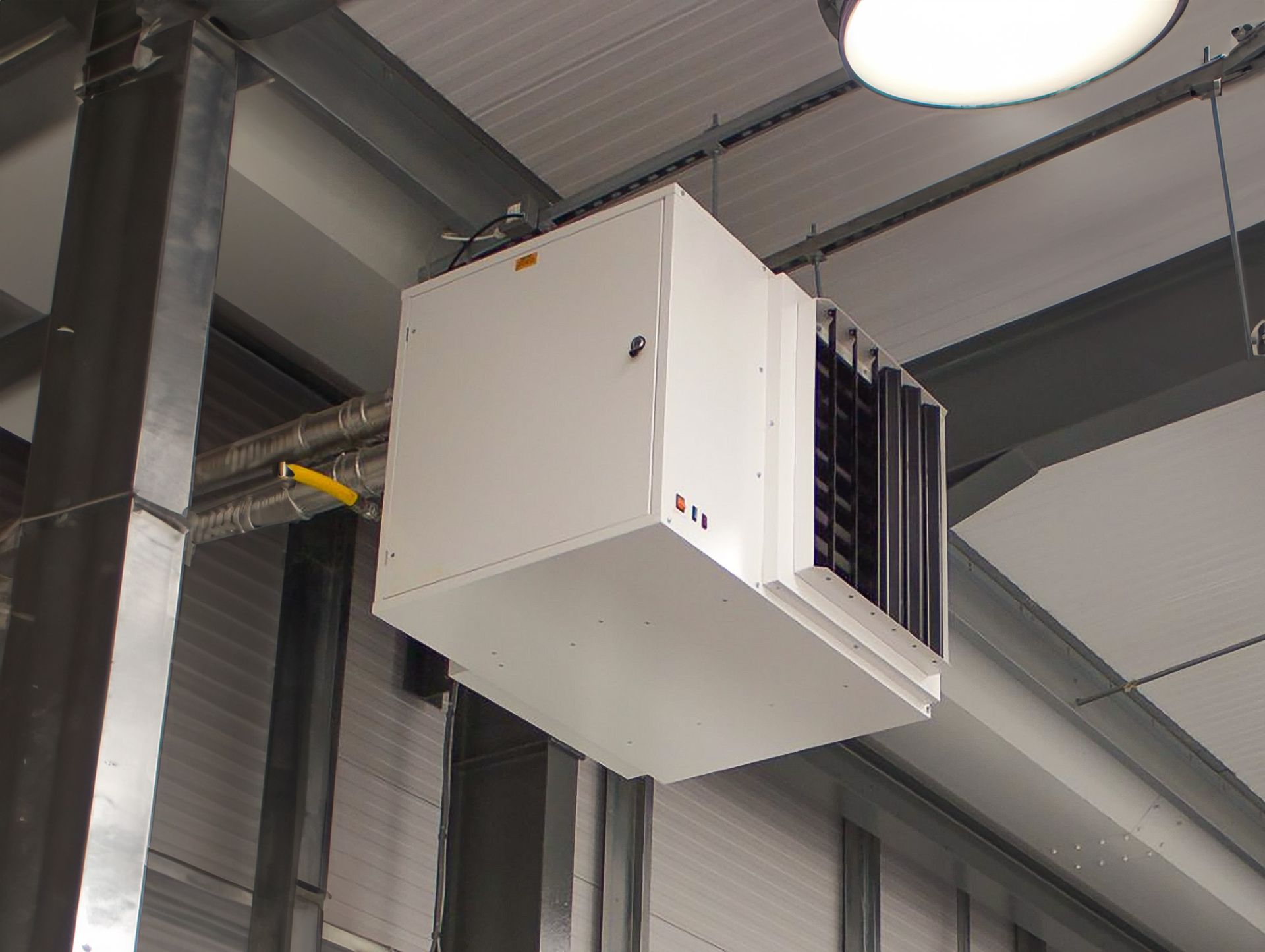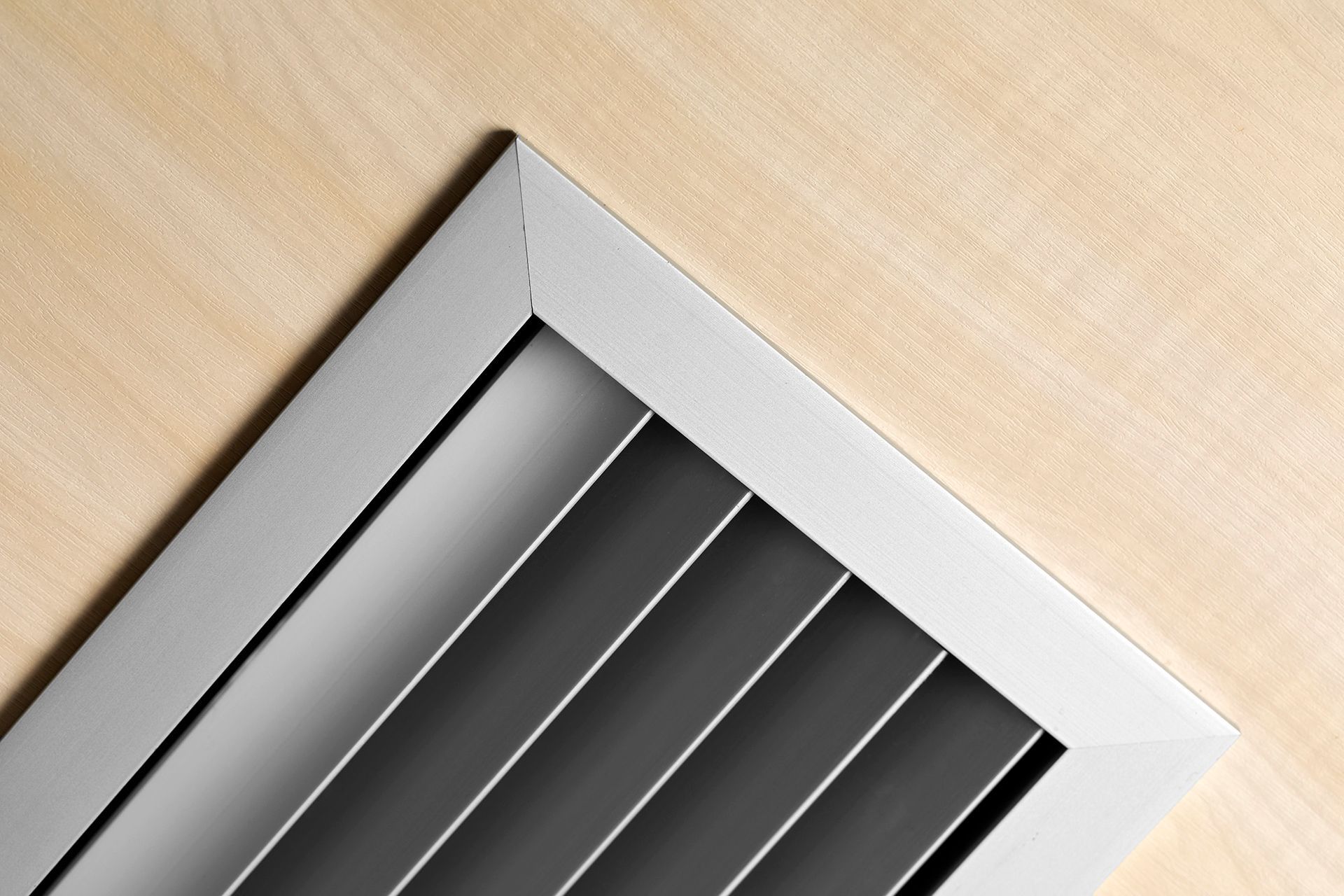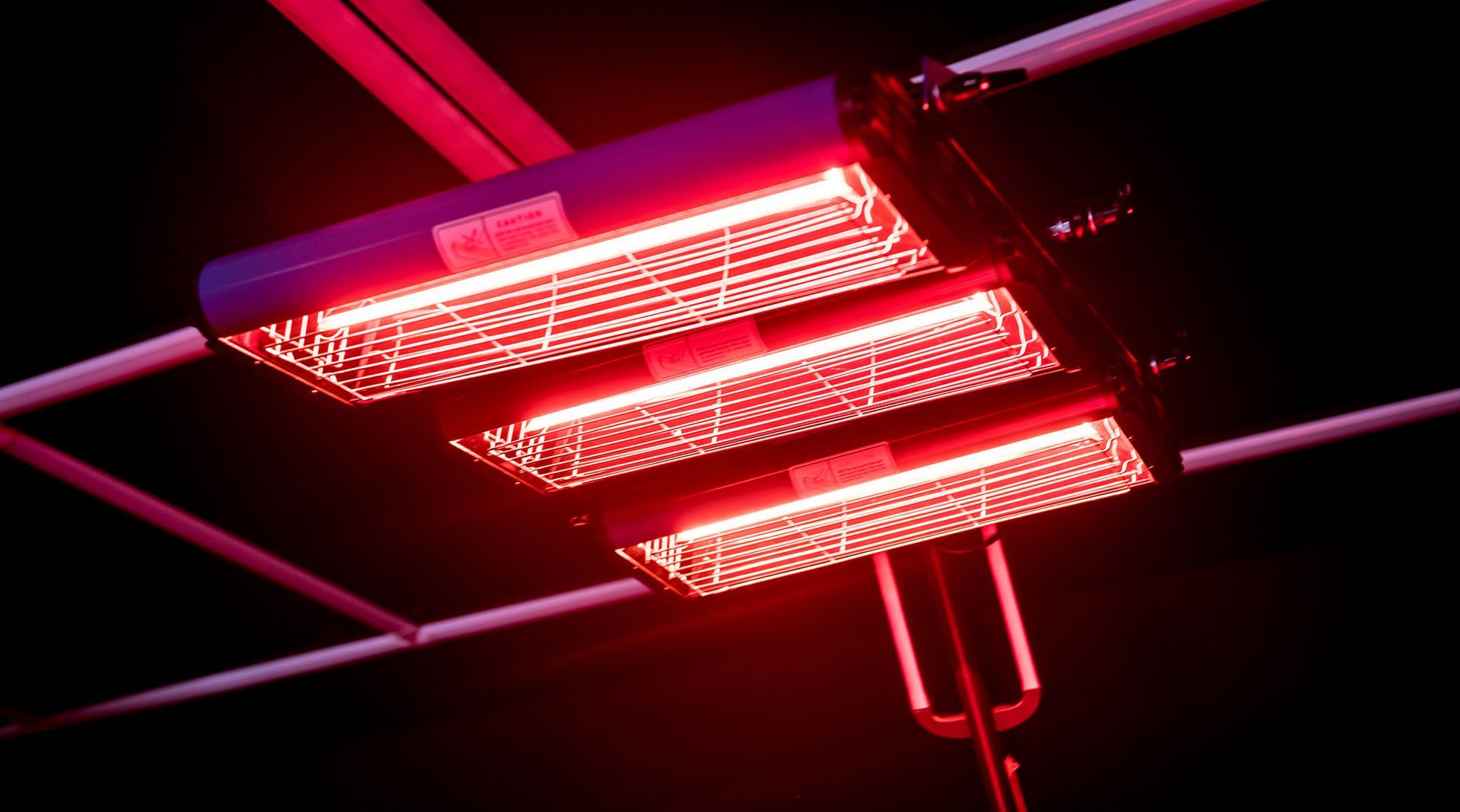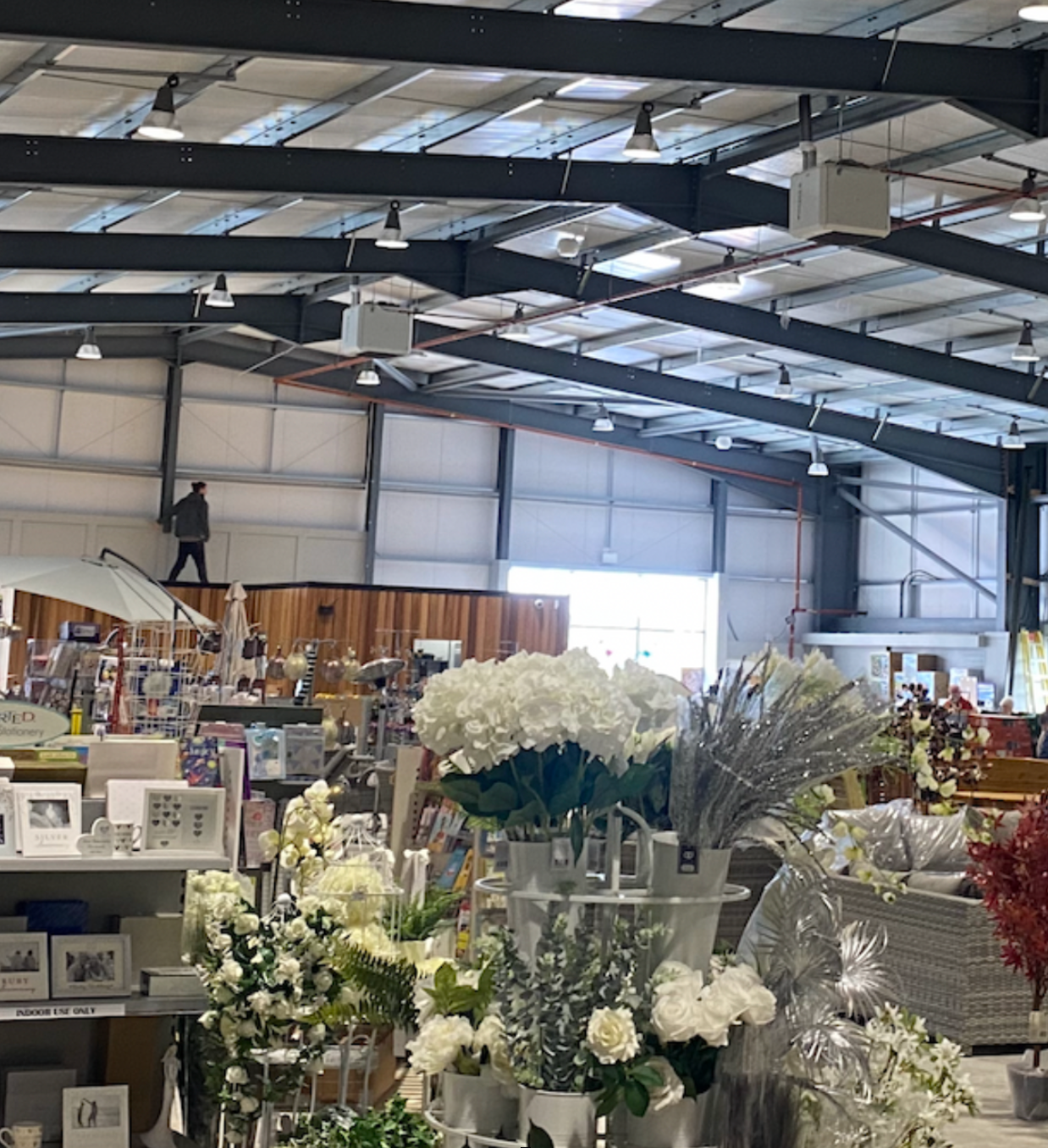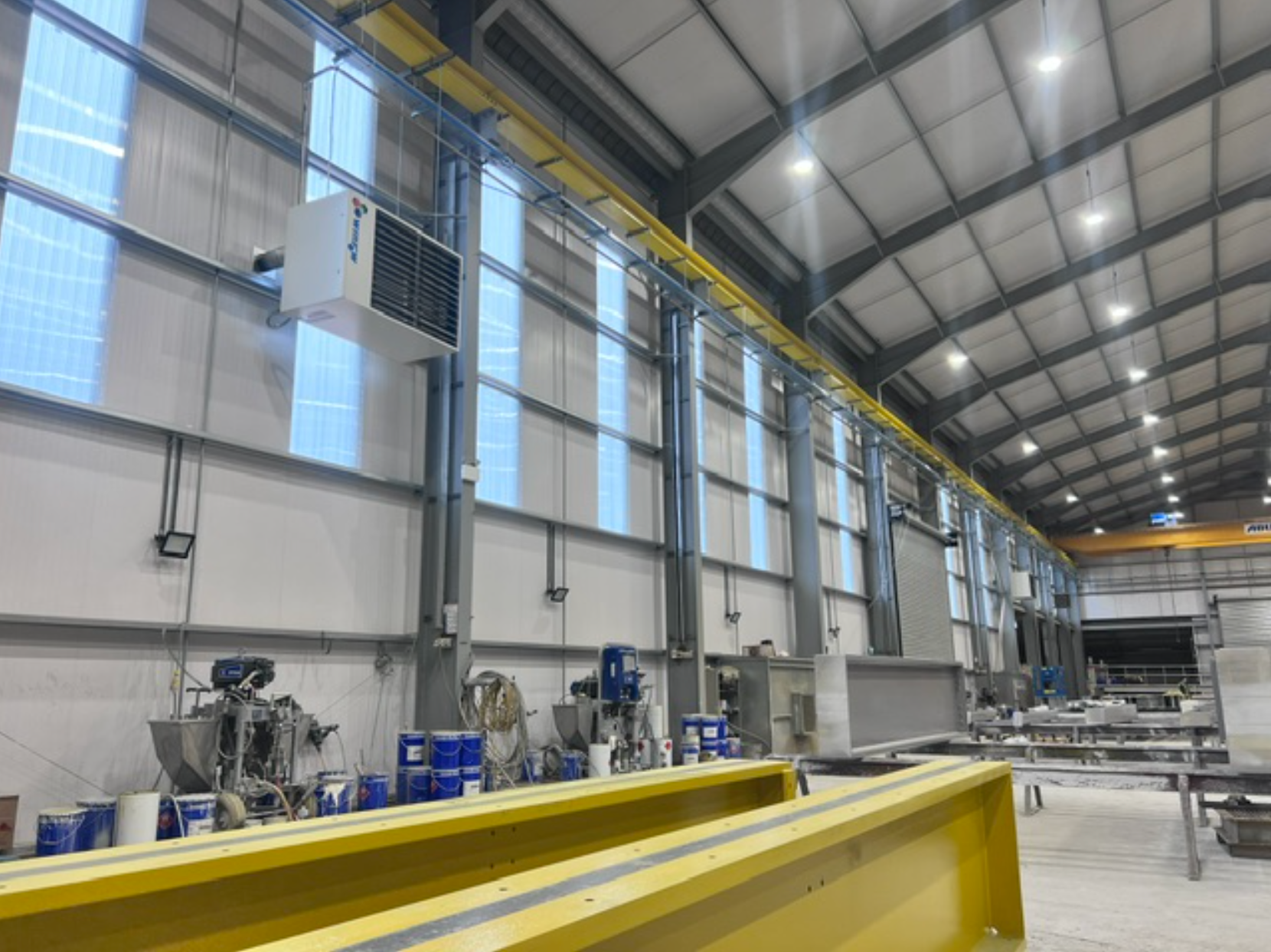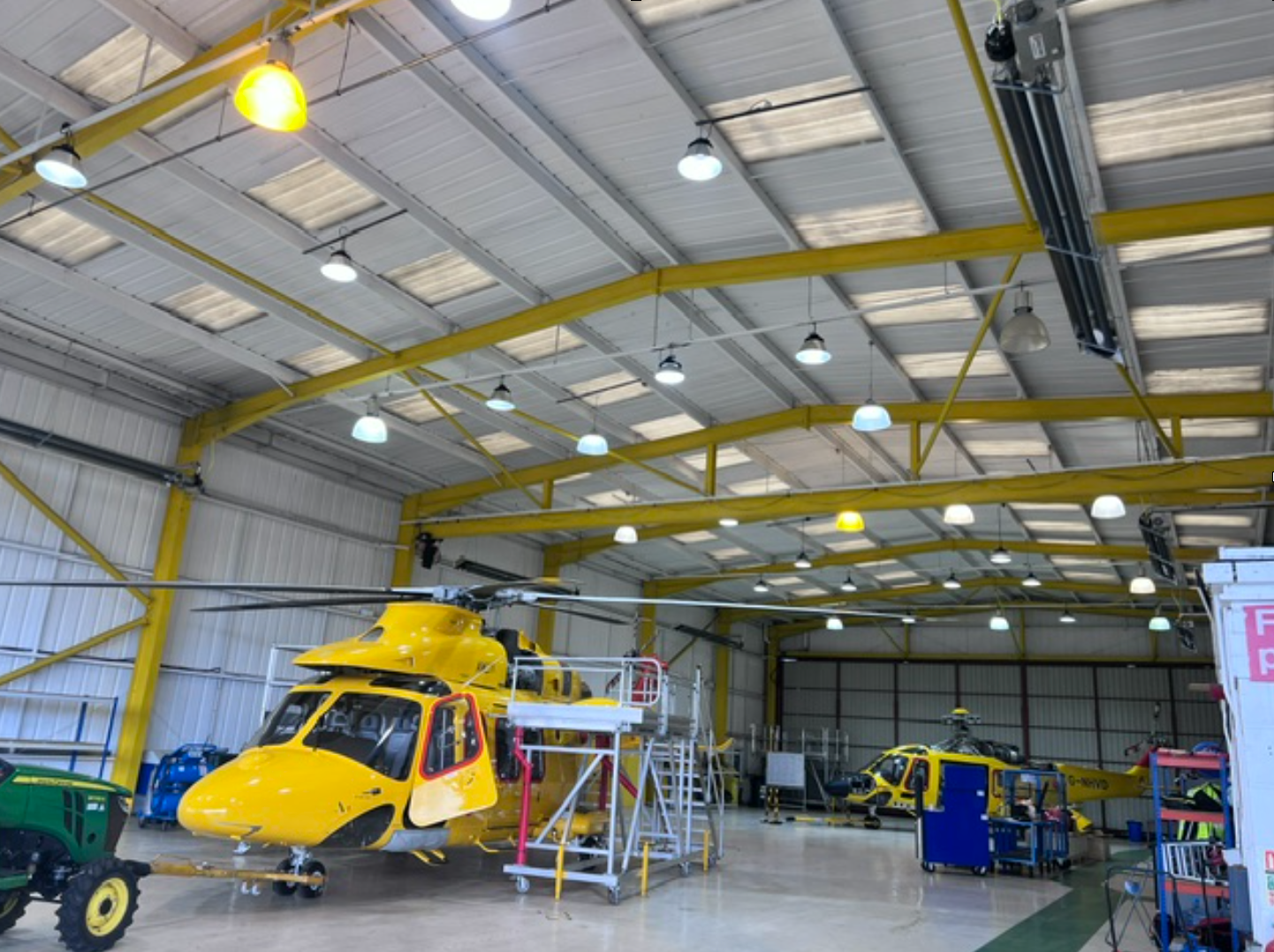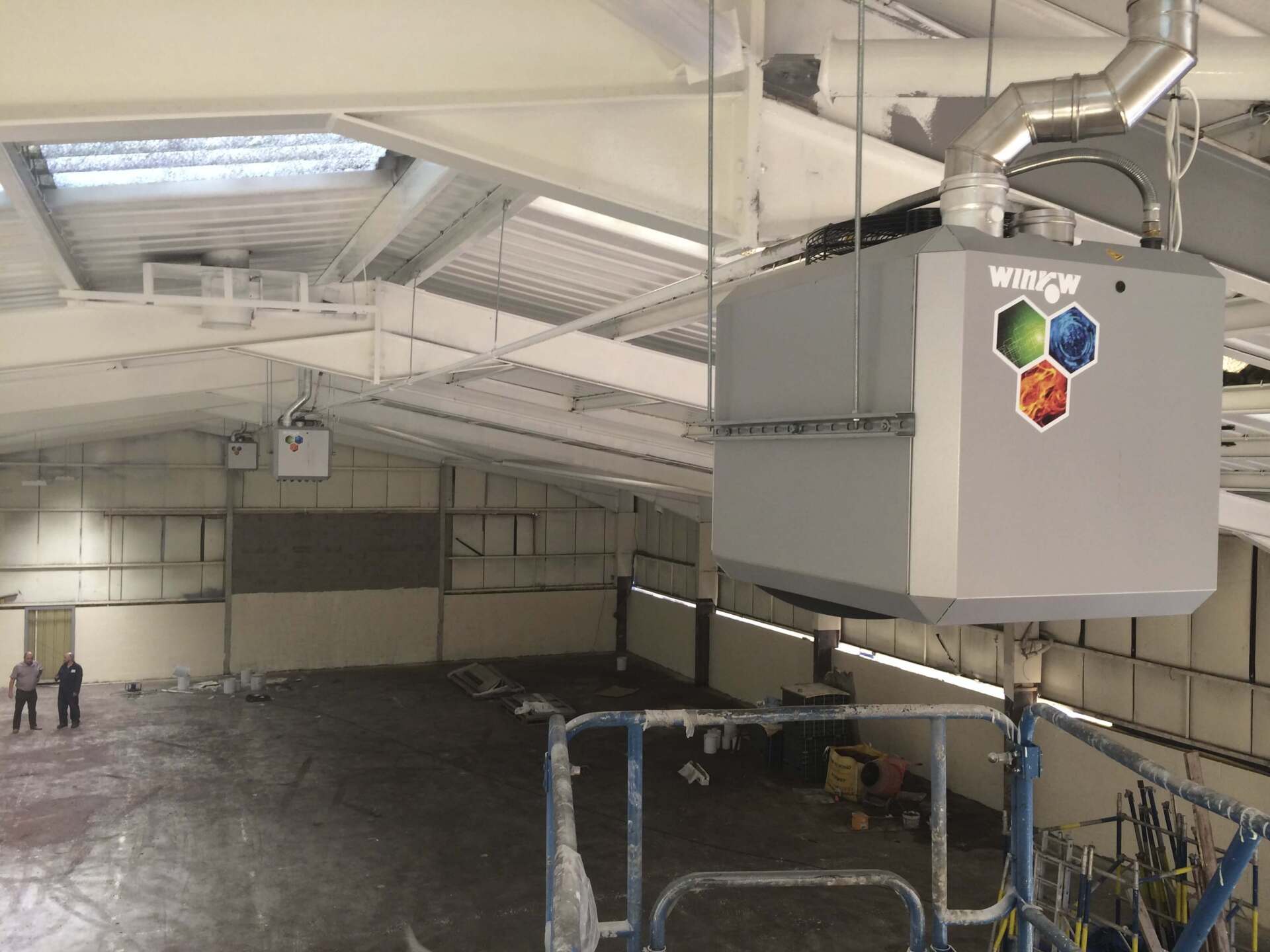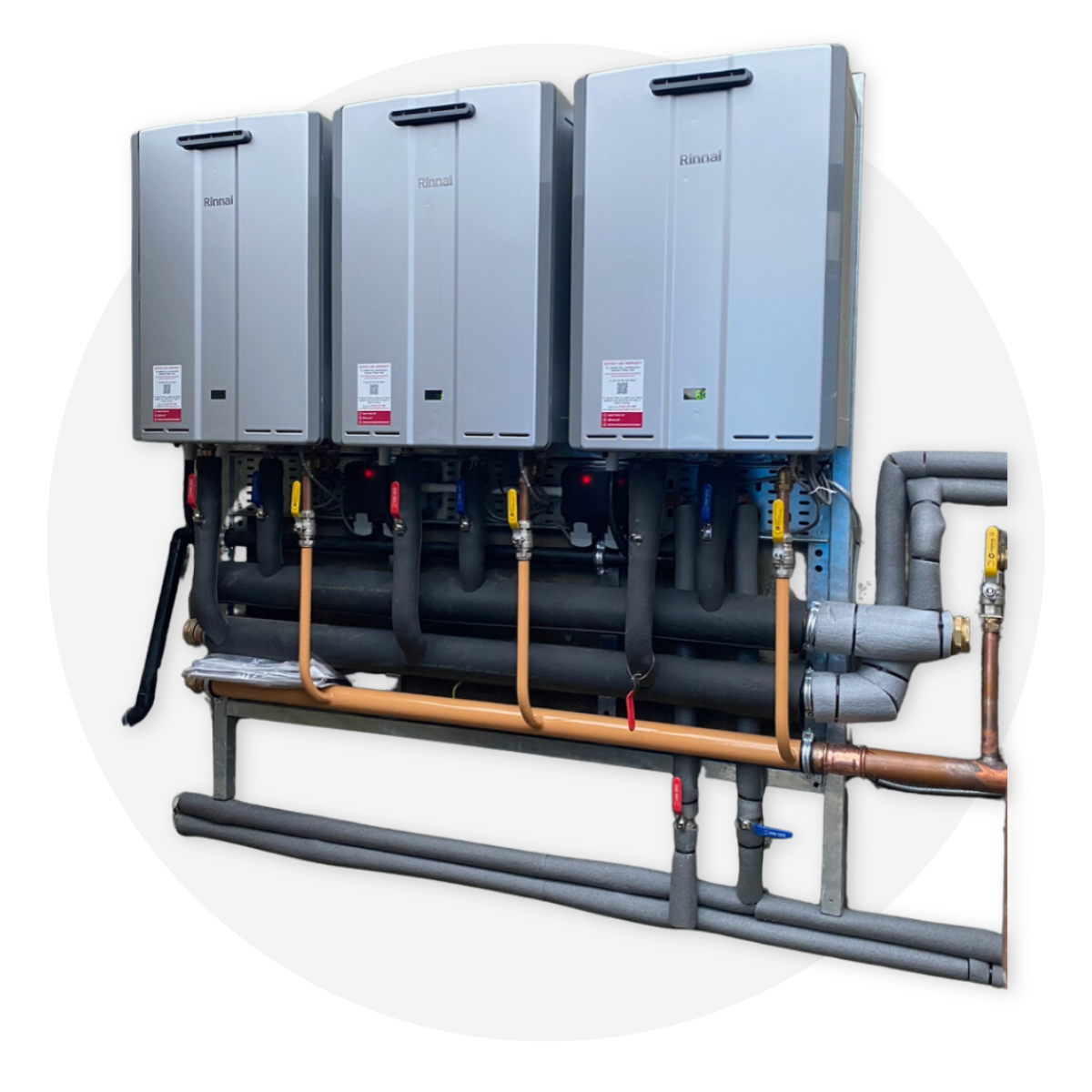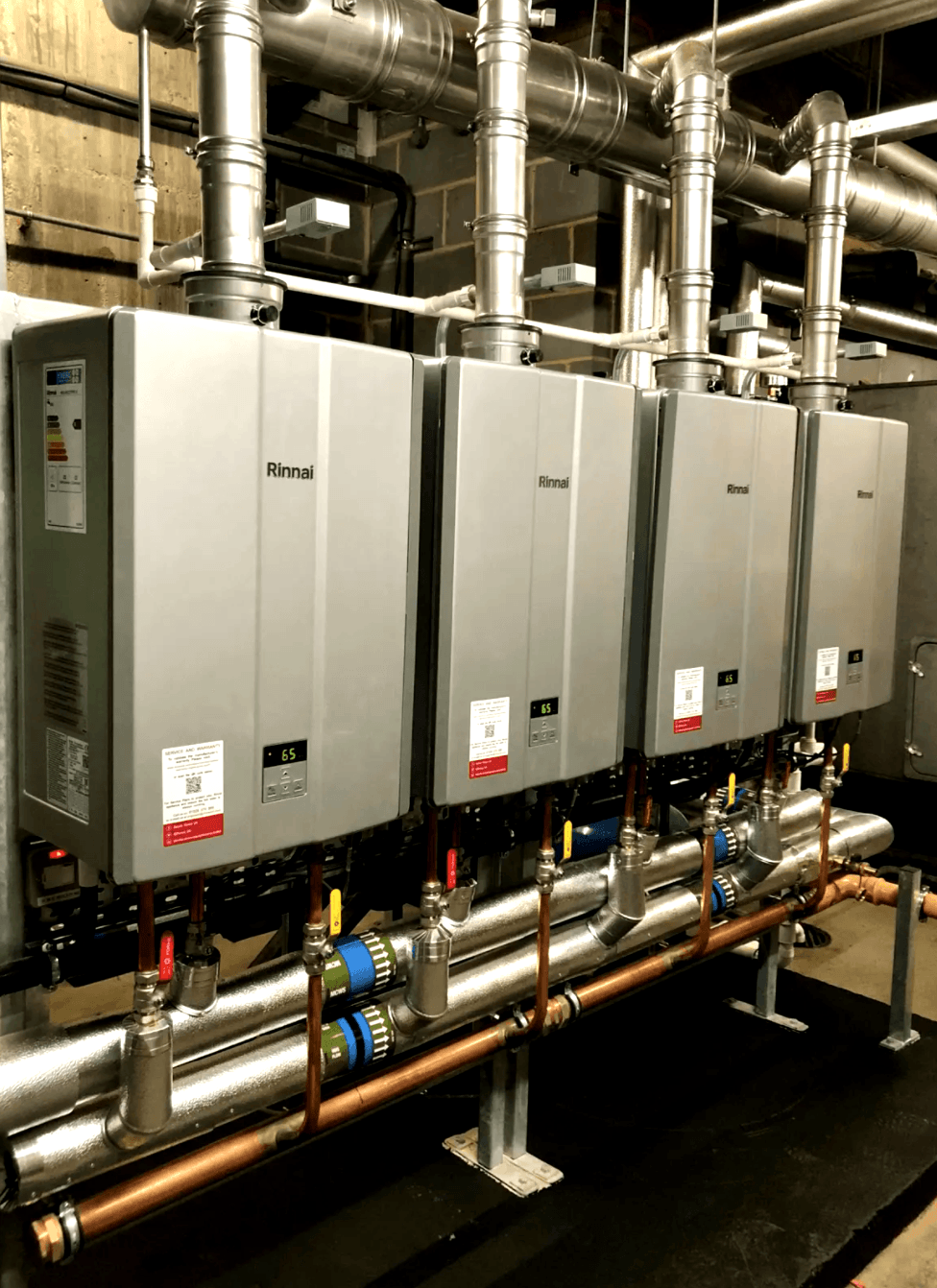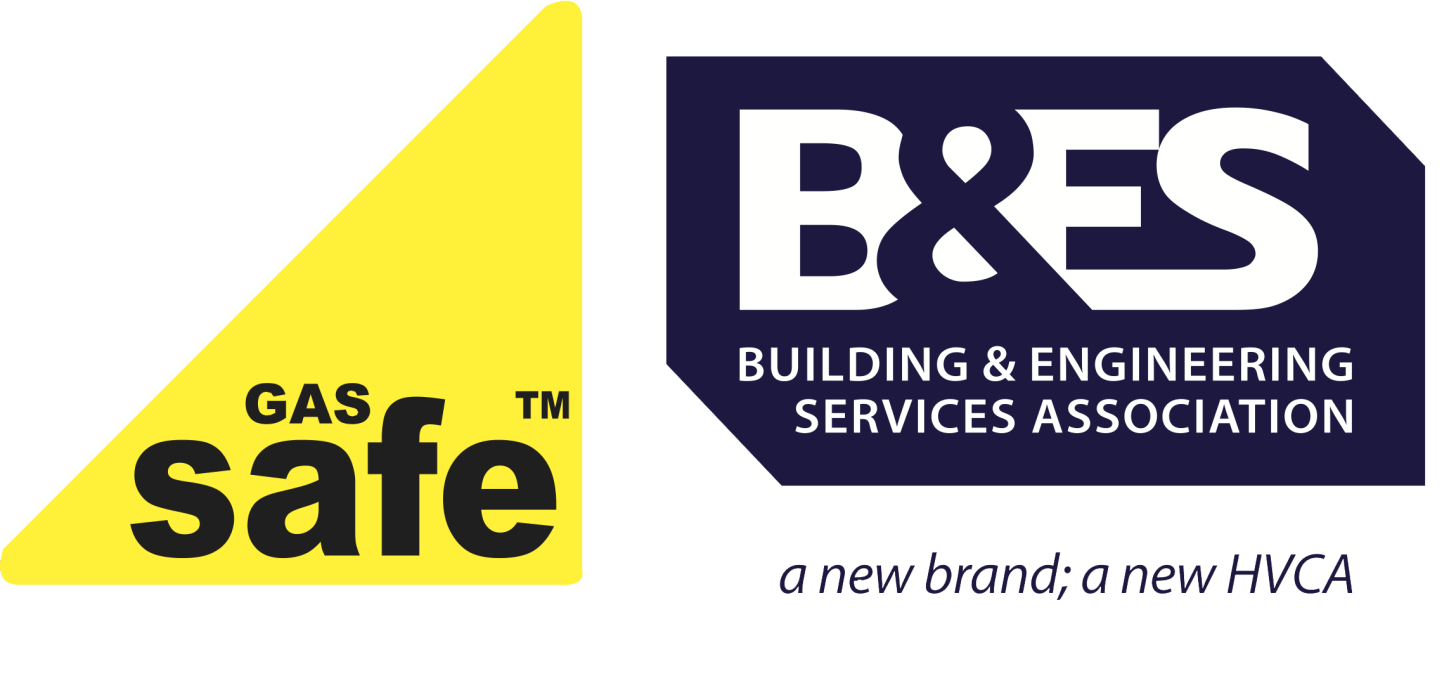The Pros and Cons of Warm Air Heating Systems for Your Commercial Property
Warm air heating systems are becoming increasingly popular for commercial properties, offering an efficient and cost-effective way to keep your building warm. However, it’s important to understand the pros and cons before making a decision. In this blog, we’ll explore the advantages and disadvantages of warm air heating systems, so you can make an informed decision about the best way to heat your commercial property. Warm air heating systems are designed to provide effective and efficient heating for a wide range of commercial properties. They are relatively easy to install and maintain and can be used to control the temperature in each individual room. Additionally, they are cost-effective to run, making them a great choice for businesses looking to save money on their energy bills.
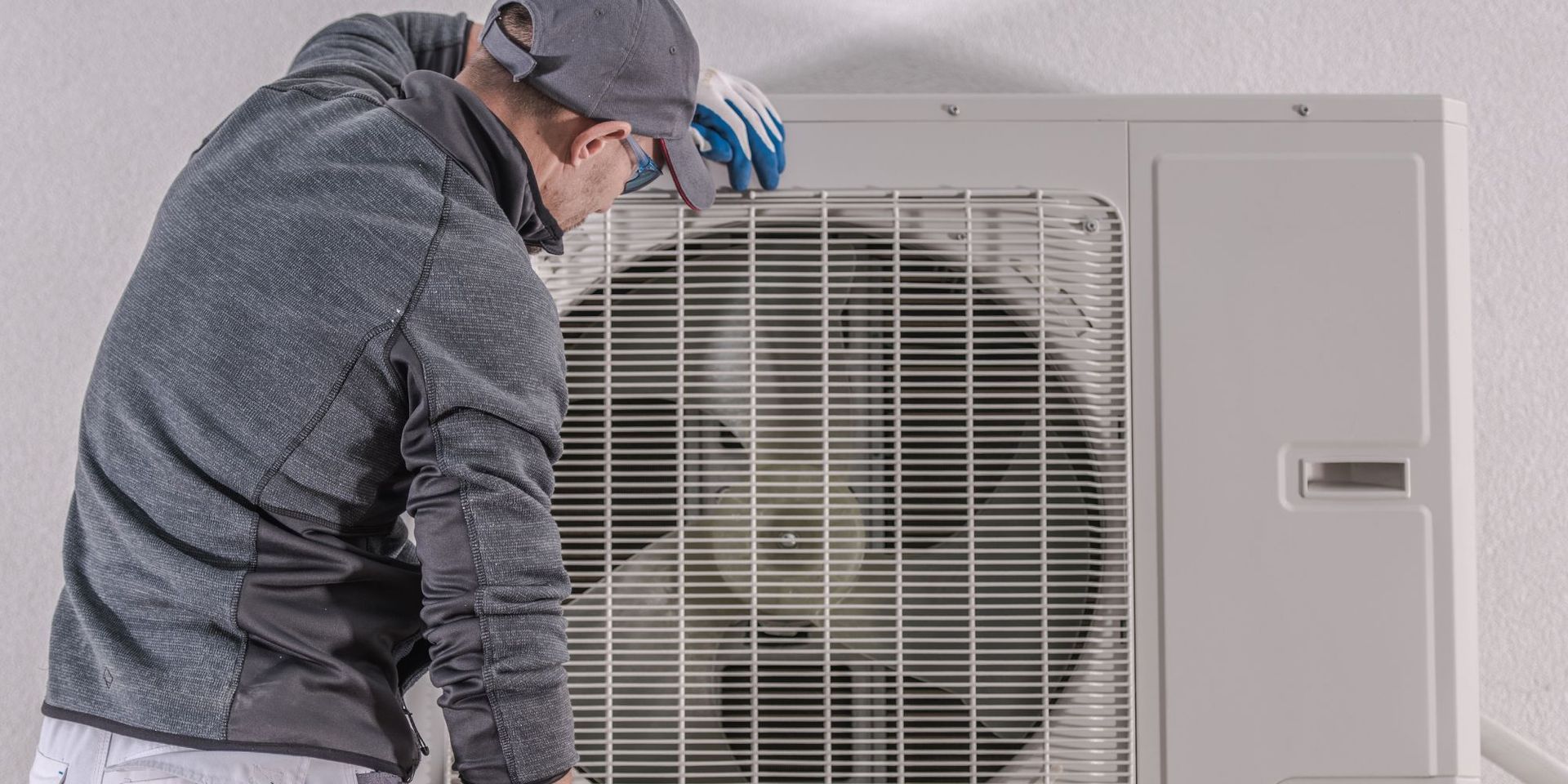
Overview of Warm Air Heating Systems
Warm air heating systems are an increasingly popular option for commercial property owners looking to keep their premises warm and comfortable. These systems provide a cost-effective and efficient way of heating a building, as well as allowing for greater control over temperature and air quality. However, there are some drawbacks to consider when deciding whether a warm air heating system is right for your property. One of the main advantages of warm air heating systems is their energy efficiency. They are designed to take in air from outside and heat it up before circulating it through the building, meaning that they use less energy than other heating systems. Additionally, warm air heating systems can be set to run at specific times and temperatures, allowing you to better control how much energy you are using. On the other hand, warm air heating systems can be costly to install and maintain, especially if you are replacing an existing system. Additionally, they can be noisy and require regular servicing to ensure they are running efficiently. Furthermore, they are not suitable for all types of buildings, as they need to be installed in a well-ventilated space. Ultimately, the decision of whether to invest in a warm air heating system for your commercial property will depend on your individual needs and budget. If you are looking for an energy-efficient and cost-effective way to heat your premises, then a warm air heating system could be the right choice for you.
Benefits of Using Warm Air Heating Systems
Warm air heating systems are an effective and efficient way to heat commercial properties. They offer a number of benefits, from cost savings to improved air quality. Warm air heating systems are cost-effective because they use less energy than traditional heating systems, which can help to reduce energy bills. They are also more efficient, as they can quickly heat up a large space, meaning that you can enjoy a comfortable environment without having to wait for the temperature to rise. Additionally, warm air heating systems are relatively low maintenance, requiring only occasional servicing to keep them running smoothly. In addition to cost savings, warm air heating systems can also improve air quality. They are designed to circulate air throughout the property, which helps to reduce the risk of dust and other allergens building up in the air. This can be especially beneficial for those who suffer from allergies and asthma. Overall, warm air heating systems can be a great choice for commercial properties, offering a range of benefits from cost savings to improved air quality.
Drawbacks of Warm Air Heating Systems
When considering a warm air heating system for your commercial property, there are certain drawbacks to consider. One of the main drawbacks is that warm air heating systems are not as efficient as other types of heating systems. This means that you may need to spend more money on energy bills in order to heat your building. Additionally, warm air heating systems can be noisy, which could be disruptive to your employees or colleagues. Finally, warm air heating systems are not as effective at controlling humidity levels, which can lead to problems with condensation and damp in your building. Overall, warm air heating systems can be a good option for commercial properties, but it is important to be aware of the potential drawbacks before making a decision.
Cost Considerations
When considering warm air heating systems for your commercial property, cost considerations are an important factor. Installing a warm air heating system can be a large investment, and the cost of running the system can vary depending on the size of the property and the type of system you choose. It is important to factor in the cost of the system itself, as well as the cost of installation and the cost of any necessary maintenance. In terms of energy efficiency, warm air heating systems can be an economical choice. They are designed to be efficient and cost effective, and can help to reduce energy costs over time. However, it is important to consider the upfront costs associated with the system, and to ensure that the system you choose is suited to your property and your budget.
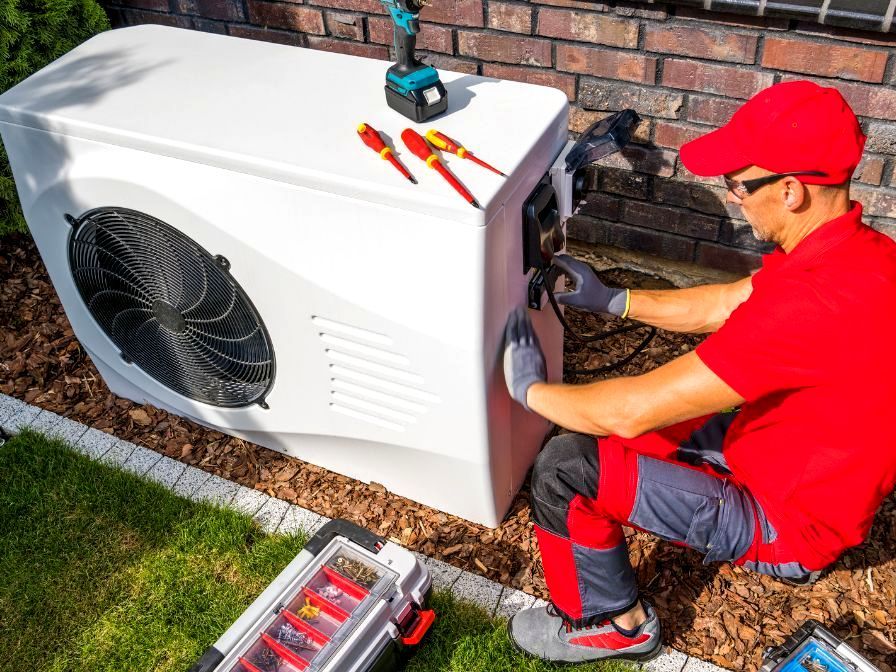
How to Maintain Warm Air Heating Systems
Maintaining your warm air heating system is a critical part of ensuring it runs efficiently and safely. Warm air heating systems have become increasingly popular in commercial properties due to their low installation costs and high energy efficiency. However, regular maintenance is essential to ensure these systems are kept in good working order. To ensure your warm air heating system is running optimally, you should have it serviced at least once a year. This is important for a number of reasons, including checking for any potential safety hazards, making sure all components are in good working order, and ensuring the system is running as efficiently as possible. Additionally, you should check the air filters regularly and replace them when necessary. This will help to keep the air in your property clean and free from dust and other particles. Maintaining your warm air heating system is an important part of ensuring it runs safely and efficiently.
Regular servicing, as well as checking and replacing air filters, are key components of successful maintenance. By following these steps, you can be sure that your warm air heating system will provide you with reliable and cost-effective heating for your commercial property.
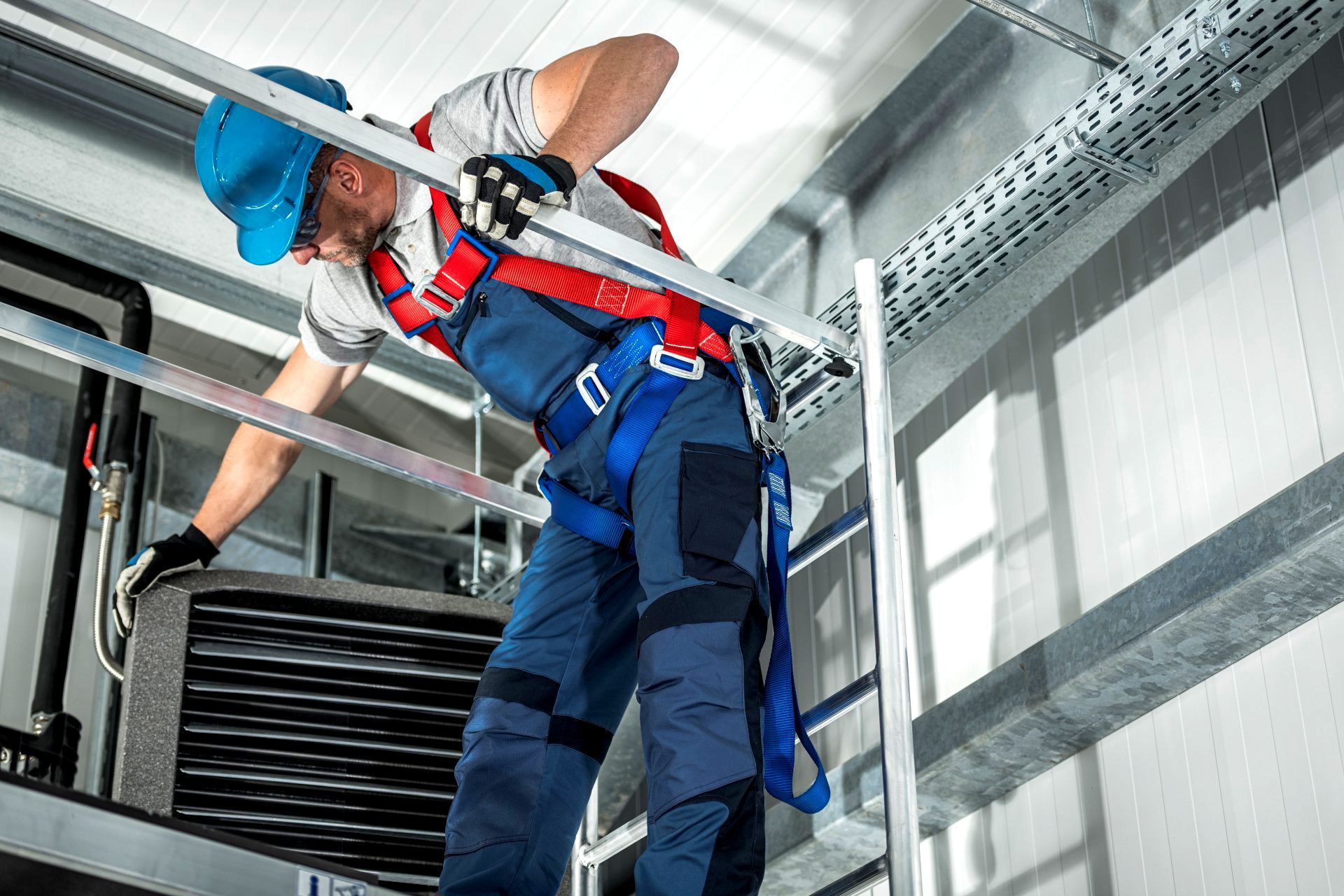
Conclusion
In conclusion, warm air heating systems can be a great option for commercial property owners looking to save money on energy costs and reduce their carbon footprint. While they may require more maintenance than other heating systems, their efficiency and cost-effectiveness make them a viable option for many businesses. Additionally, their ability to circulate warm air evenly throughout the building makes them a great choice for large, open-plan spaces. Ultimately, the decision to install a warm air heating system in your commercial property comes down to personal preference and the specific needs of your business. With the right research and advice from a professional, you can make an informed decision that best suits your needs and budget.
In conclusion, warm air heating systems can be a great option for commercial properties, offering various benefits such as improved air quality, energy efficiency, and cost savings. However, they also come with drawbacks such as the need for regular maintenance and a potential for high initial costs. By understanding the pros and cons of warm air heating systems, property owners can make an informed decision that best suits their needs. Ultimately, the decision should be based on factors such as budget, energy efficiency, and the size of the property. With proper maintenance and careful consideration, warm air heating systems can be a great investment for any commercial property.
Share This Post.
Latest News | Winrow Industrial Heating
